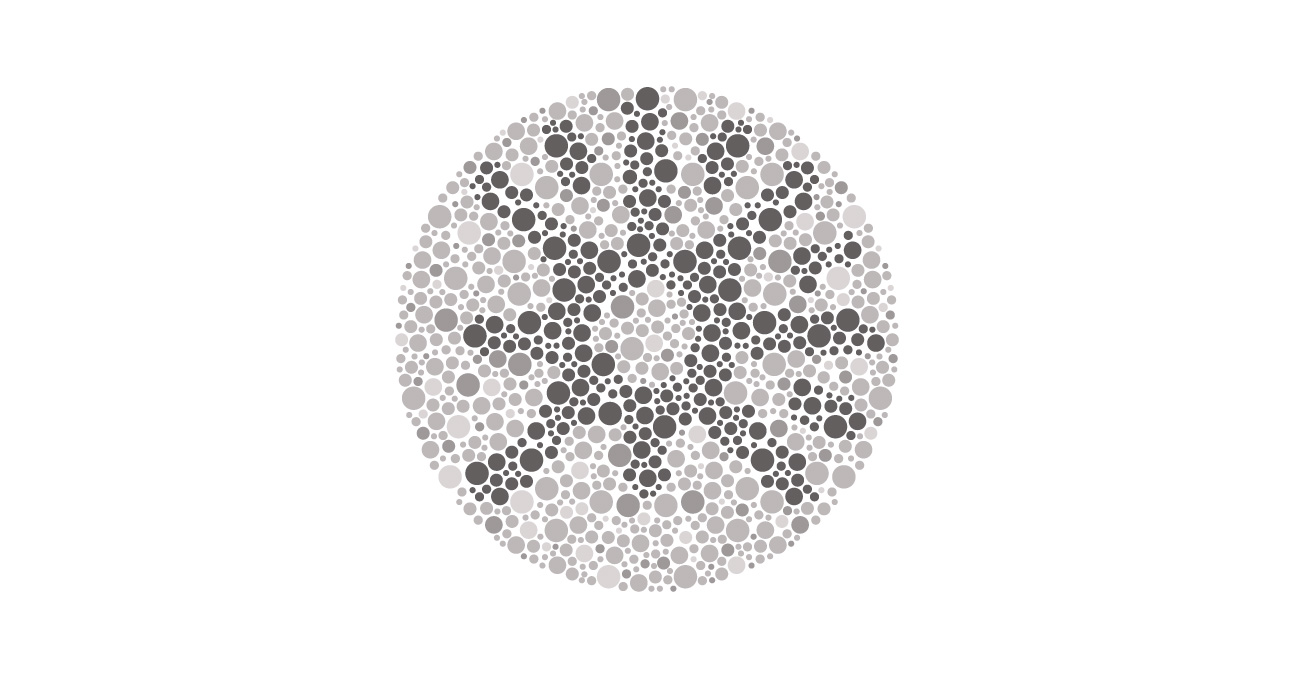Accessibility Matters - Educational Back-Up Plans

It seems hard to believe, but we just past Labour Day and school at all levels is upon us. The beginning of school is an exciting time for students of all ages, and students with disabilities are no exception. However, these students must have more plans, and back-up plans, than their able-bodied peers.
Everyday accessibility is the goal of AODA as we progress towards 2021, but there's still a long way to go.
Friends of mine have mobility issues that restrict the classrooms they can attend. I've had instructors who repeatedly forgot to read written work from the board causing me to miss out. Instructors who fail to repeat questions posed by students into the FM system of a Deaf or hard-of-hearing student risk losing them completely.
All students in these situations require back-up plans.
Often a reminder to the instructor is enough, but sometimes a school's office for students with disabilities has to get involved. At the public-school level, parents can also advocate for their kids, but at a post-secondary level this is not a viable option in most cases. Most 17-year-old students wouldn't want their parents acting on their behalf anyway.
As for back-up plans, fellow students are always a great resource, either for volunteer note-taking or forming study groups. The latter can make all the difference in the world to a student who feels left behind in class -- disability or otherwise.
Curiously, given that digitization was to be the great equalizer, digital content is often the most challenging area to make accessible. Though online learning systems (such as Blackboard or Sakai) have improved their accessibility in recent years, scanned images of readings, and slides containing images and formulae (none of which can be handled well by a screen reader) are rampant.
A change of default settings is all it takes for a course website to become much more challenging to handle.
There's also a question of books. Braille volumes take months to produce, so when I needed more braille (for calculus and statistics courses) I had to hope that I would be able to pick my courses, find the names of my instructors for the coming year, and hope they knew which books they were using -- all in the March before classes were to start.
Even now, with digital options more available, separate hard-copy tactile diagrams must be produced. And digital copies of the text from publishers might not render well with my technology.
This year I have a new challenge of an unfamiliar software package. Whether it's usable -- and what I'll do about it if it isn't -- are questions I will have to answer over the coming weeks.
Having a back-up plan becomes important in these circumstances. Sending emails to classmates for assistance in accessing files (Facebook is great for mass communication), hired or volunteer textbook readers, regular meetings with instructors and teaching assistants, can all work well. It's just a matter of effective time management -- and budgeting extra time. This can be a trial by fire, and is something I continue to work on.
All schools at all levels are heading in the right direction in terms of accessibility, but their speed of action differs widely. The Echidna team is doing its part to advance education and make it accessible through its work with Fanshawe College in London (from which many Echidnas are alumni) and Toronto's Centennial College. It's something we as a group feel strongly about.
Hopefully, this coming September will be a great success for everyone. But if things start to go off the rails, it's important to have a back-up plan.
What accessibility issues do people face in education?
SUBSCRIBE TO OUR E-NEWSLETTER
 Subscribe
Subscribe


